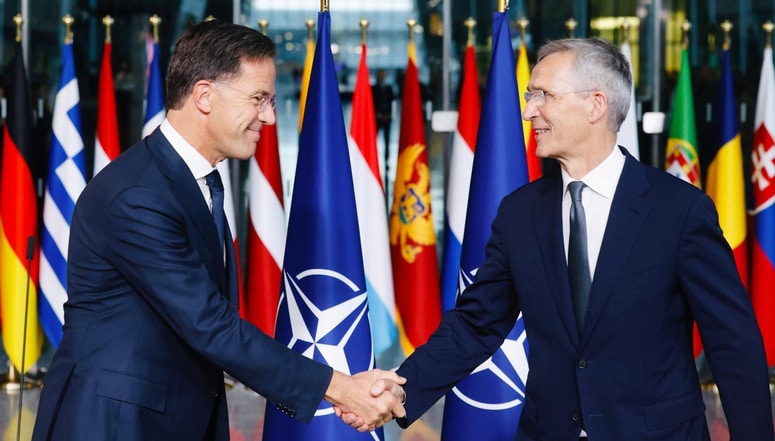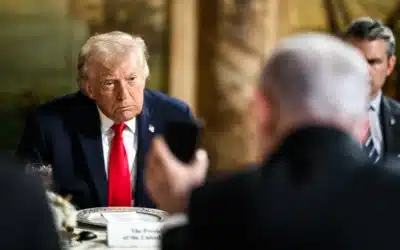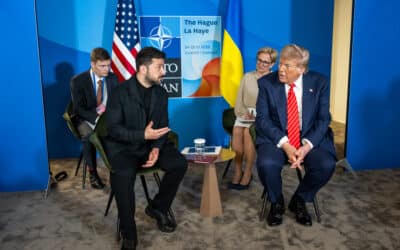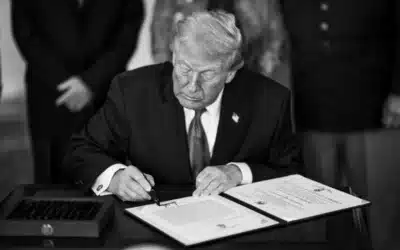During his swearing-in ceremony as the new Secretary General of the North Atlantic Alliance, Mark Rutte declared his top priorities were strengthening the alliance and bringing Ukraine closer to the bloc.
On Tuesday, Rutte took over as the civilian head of NATO from long-time Secretary-General Jens Stoltenberg. “The first is to keep NATO strong and ensure our defenses remain effective and credible, against all threats,” he said. “My second priority is to step up our support for Ukraine and bring it ever closer to NATO, because there can be no lasting security in Europe without a strong, independent Ukraine.”
Leaders in the North Atlantic alliance have often presented the war as an existential issue for the bloc arguing that once Moscow is done in Ukraine, it will invade Poland or a Baltic State.
However, Russian President Vladimir Putin has argued for decades that Kiev’s membership in NATO presents a unique national security threat to Moscow. Additionally, the Kremlin has struggled to achieve its limited war aims in Ukraine, suggesting the Russian army is not equipped to take on the NATO states.
Rather, Russia invaded Ukraine because Kiev had become a de facto member of the alliance, a relationship that Rutte hopes to expand.
Stoltenberg, Rutte’s predecessor, served as Secretary General for a decade, overseeing the expansion of NATO to Russia’s border and increasing the bloc’s military ties with Ukraine and Georgia.
Stoltenberg remained in the post for an extended period of time because the alliance was unable to come to a consensus regarding his replacement. Ultimately, Rutte received widespread support from the bloc’s 32 members, in part because he is known for being tough with former-president Donald Trump.
Rutte’s appointment as a top civilian in the alliance is seen as a move to help “Trump proof” NATO’s support for Ukraine should the former president win the November election. While some top officials in NATO countries are concerned that Trump would end Washington’s massive military support for Kiev, he supported the $65 billion Ukraine aid package earlier this year.

































